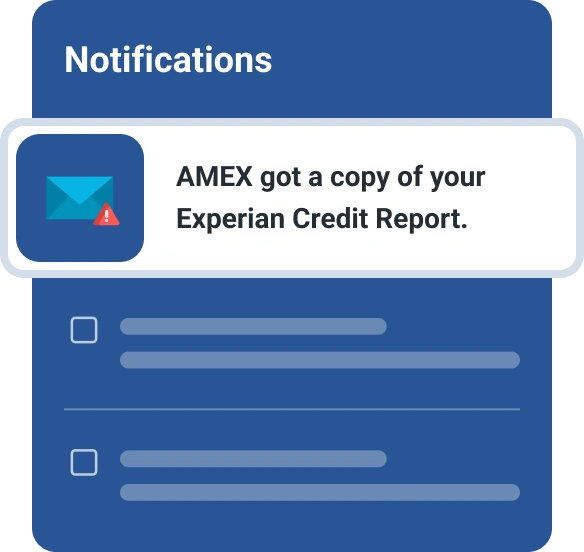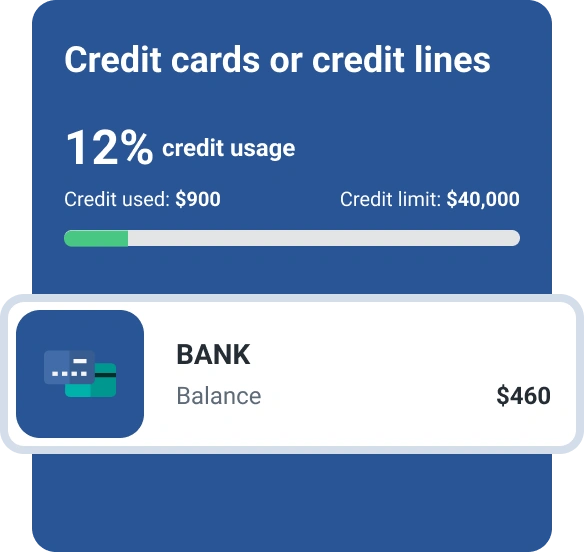Which Public Records Can Appear on My Credit Report?
Quick Answer
Bankruptcy is the only public record that appears on your credit report. In the past, civil judgments and tax liens were also included, but they no longer appear on credit reports from the three national credit bureaus.

In the past, three different types of public records appeared on consumer credit reports. But after changes made by the national credit reporting agencies, the only public record that can show up in your credit history is bankruptcy.
What Public Records Can Appear on a Credit Report?
Bankruptcy is the only public record that gets reported to the three national credit bureaus—Experian, TransUnion and Equifax. Previously, civil judgments and tax liens were also included in your credit report, but the credit reporting agencies stopped including them in consumer credit histories in 2018.
Because filing bankruptcy indicates that you're unable to pay your debt obligations, it's still an important risk factor for lenders when determining your ability to make future payments.
How Long Does Bankruptcy Remain on Your Credit Report?
There are two types of bankruptcy you can file as a consumer: Chapter 7 and Chapter 13 bankruptcy.
- Chapter 7: A Chapter 7 bankruptcy involves liquidating certain assets to pay off some of your debts, after which the remainder will be discharged. This option can discharge your debt quickly and give you a fresh start. But it remains on your credit reports for 10 years from your filing date.
- Chapter 13: This option involves setting up a restructured repayment plan to pay off some of your debt over three to five years based on your ability to pay. Chapter 13 bankruptcy requires more action and payment from you. It remains on your credit reports for seven years from the filing date.
In either case, court records are updated periodically, and the status of the bankruptcy—for instance, that it has been discharged—will be updated automatically in the credit report.
Keep in mind, though, that while a bankruptcy will remain on your credit reports for several years, its negative impact on your credit can diminish over time, especially if you take steps to develop good credit habits and establish a positive payment history going forward.
How to Check Your Credit Report
It's important to review your credit reports regularly to understand which factors are impacting your credit score. The good news is that you can check your credit reports for free. With Experian, you can review your credit report for free anytime with a free membership.
You can also check your credit reports from Equifax, TransUnion and Experian for free through AnnualCreditReport.com.
As you read your credit report, you'll have a better idea of which steps you can take to build and maintain a good credit history. If you find inaccurate information on your credit report, you have the right to file a dispute with the credit reporting agencies.
The Bottom Line
While civil judgments and tax liens are no longer included in your credit reports, filing for bankruptcy can still negatively impact your credit history. If you're having trouble paying your debts, consider bankruptcy alternatives before you go down that path.
If bankruptcy is your only option, take time to consult with an attorney who can help you determine how to proceed based on your situation. Be sure to monitor your credit throughout the process and take steps to rebuild your credit afterward.
What’s on your credit report?
Stay up to date with your latest credit information—and get your FICO® Score for free.
Get your free reportNo credit card required
About the author
Ben Luthi has worked in financial planning, banking and auto finance, and writes about all aspects of money. His work has appeared in Time, Success, USA Today, Credit Karma, NerdWallet, Wirecutter and more.
Read more from Ben

